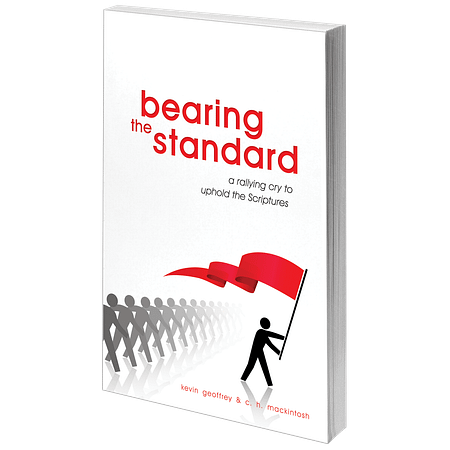
And He gave some… for the building up of the Body of the Messiah—until we all come to the unity of the faith and of the recognition of the Son of God; to become a perfect man, and to attain the whole measure of maturity of the fullness of the Messiah, so that we may no longer be little children, tossed and carried about by every wind of the teaching (by the sleight of hand of men, by craftiness, toward the scheme of leading us astray), but speaking the truth in love, we will grow up in all things to Him, who is the head—the Messiah…. (Ephesians 4:11-15, MJLT)
On Israel’s annual calendar, the period immediately following Passover (which spiritually concerns our freedom from sin) and the Feast of Matzah (which is about walking out and practicing that freedom) is the seven-week “counting from the Omer.” During this time, the barley crop is being harvested while the wheat crop continues to ripen, thus carrying with it the spiritual theme of growing to maturity. For the disciple of Messiah, this can be a vital season of watching ourselves and staying in step with God’s plan, as we cooperate with Him and grow into the fullness of who we are as followers of Yeshua.

 …it has been written in the scroll of the words of Y’sha’yahu the prophet, saying, “A voice of one calling, ‘In the desert, prepare the way of Adonai! Make His paths straight! Every valley will be filled, and every mountain and hill will be made low, and the crooked will become straightness, and the rough roads will become smooth; and all flesh will see the salvation of God!’” (Luke 3:4-6, MJLT)
…it has been written in the scroll of the words of Y’sha’yahu the prophet, saying, “A voice of one calling, ‘In the desert, prepare the way of Adonai! Make His paths straight! Every valley will be filled, and every mountain and hill will be made low, and the crooked will become straightness, and the rough roads will become smooth; and all flesh will see the salvation of God!’” (Luke 3:4-6, MJLT)![jvtv2014-960x200[1]](https://mlqmsuiltnh3.i.optimole.com/cb:yG2w~3177c/w:518/h:1080/q:mauto/ig:avif/f:best/https://www.perfectword.org/wp-content/uploads/2014/10/jvtv2014-960x2001.jpg)
 I say, then, did Israel stumble so that they might fall? Let it not be! …For I speak to you—to the Goyim [Gentiles]—inasmuch as I am indeed an emissary of Goyim: …if Israel’s rejection is a reconciliation of the world, what will their reception be if not life out of the dead? And if the first-fruit from the dough is holy, then the whole batch is also; and if the root is holy, then the branches are also. But if certain ones of the branches were broken off, and you [Goyim], being of a wild olive tree, were grafted in among them, and became a fellow-sharer of the root and of the richness of the olive tree, do not boast against the branches. But if you do boast, remember that you do not carry the root, but the root carries you! (Romans 11:11-18)
I say, then, did Israel stumble so that they might fall? Let it not be! …For I speak to you—to the Goyim [Gentiles]—inasmuch as I am indeed an emissary of Goyim: …if Israel’s rejection is a reconciliation of the world, what will their reception be if not life out of the dead? And if the first-fruit from the dough is holy, then the whole batch is also; and if the root is holy, then the branches are also. But if certain ones of the branches were broken off, and you [Goyim], being of a wild olive tree, were grafted in among them, and became a fellow-sharer of the root and of the richness of the olive tree, do not boast against the branches. But if you do boast, remember that you do not carry the root, but the root carries you! (Romans 11:11-18)


![torah[1]](https://mlqmsuiltnh3.i.optimole.com/cb:yG2w~3177c/w:265/h:300/q:mauto/ig:avif/f:best/https://www.perfectword.org/wp-content/uploads/2013/04/torah1.jpg) Excerpted from the
Excerpted from the 

